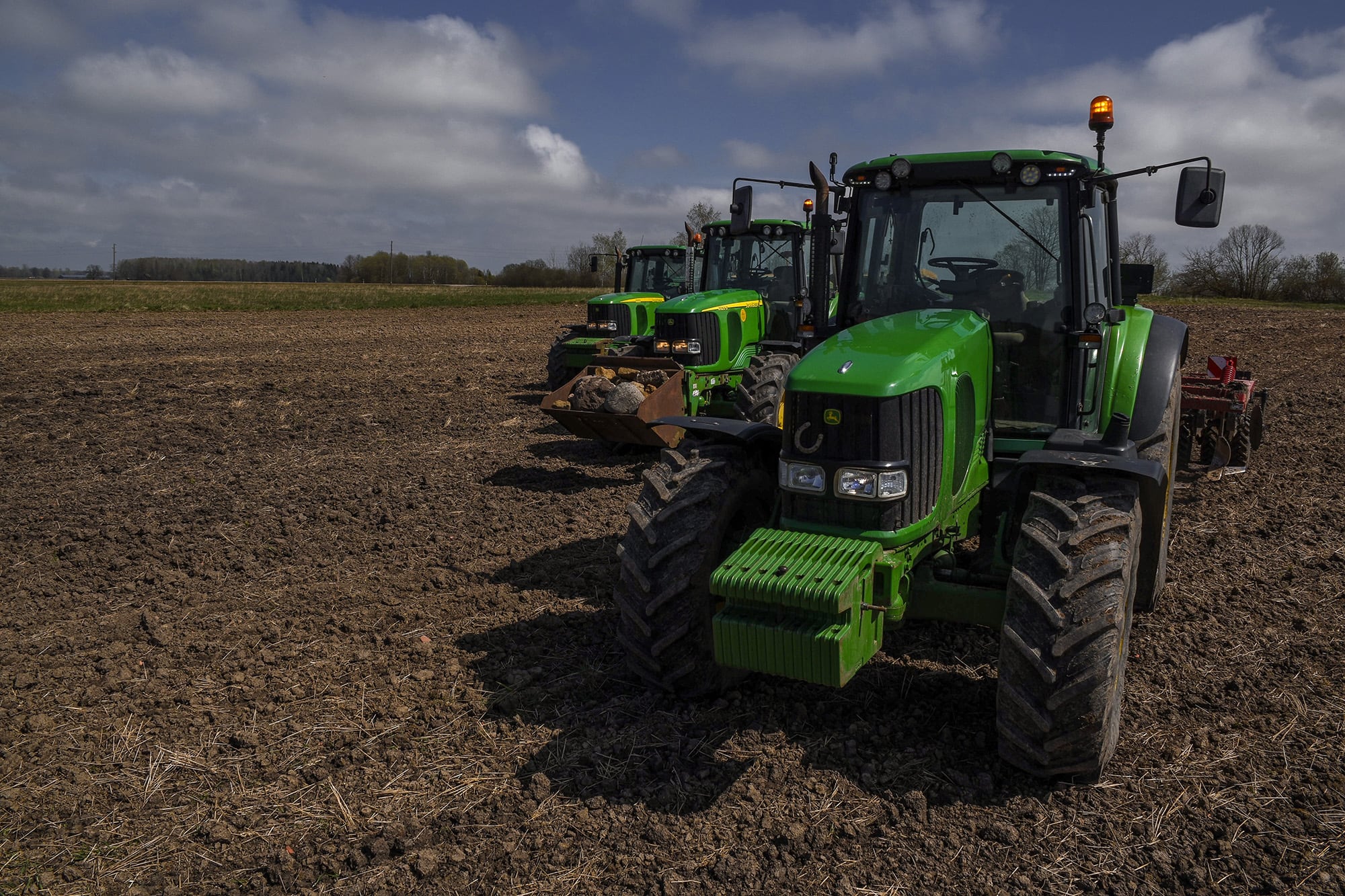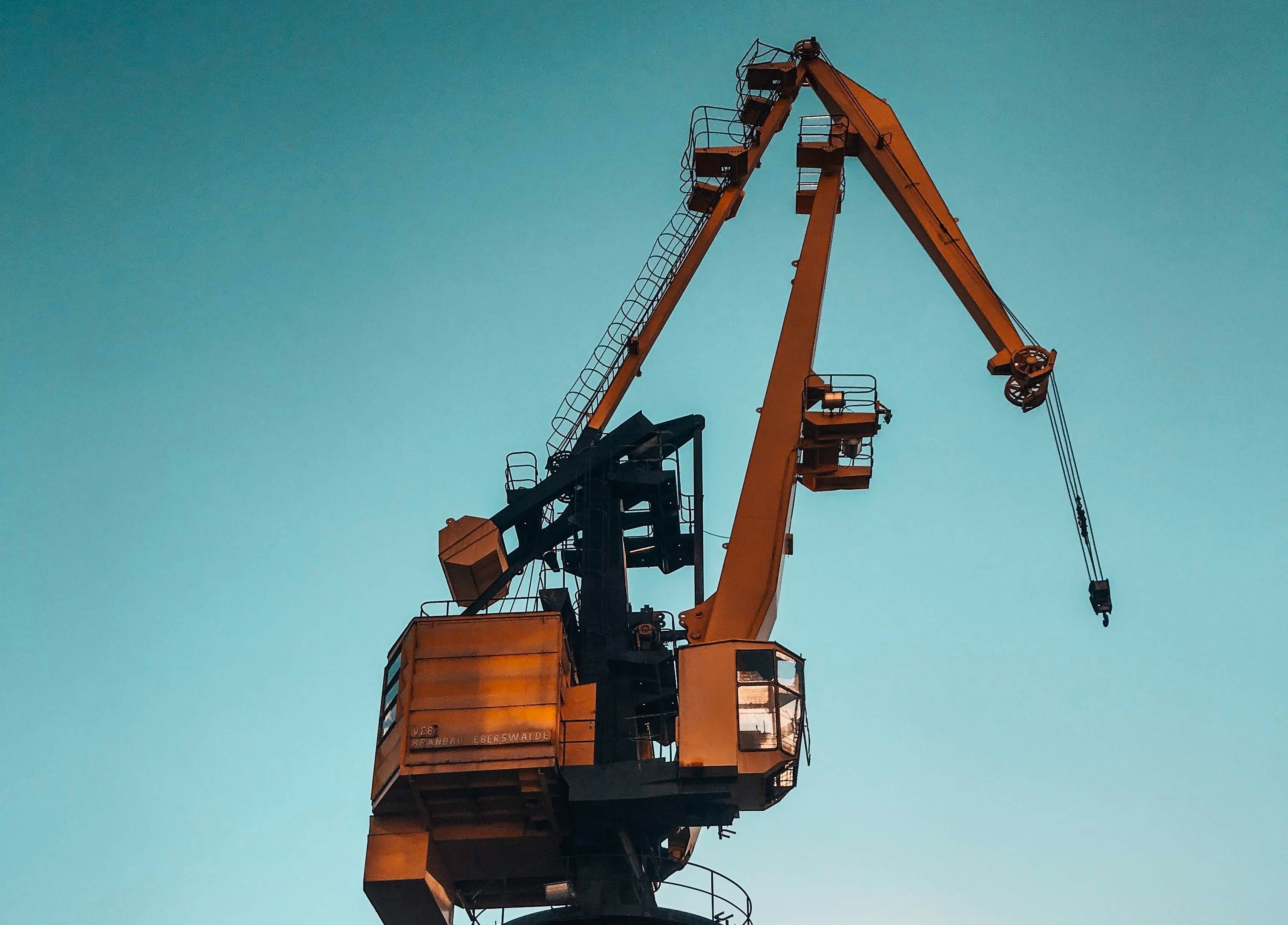Operational Costs Up Despite Lower Fuel Costs?

With fuel costs and driver wages accounting for well over half of operational costs many people expected total costs to drop in 2014 as fuel prices steadily decreased. However, while fuel prices did drop substantially increased equipment costs made up the difference and with some other minor increases resulted in operational costs rising in 2014.
Get the specifics here: http://www.truckinginfo.com/news/story/2015/09/operational-costs-increase-despite-falling-fuel-prices.aspx
While reading this article and others like it I started to wonder--Are we seeing the beginning of a new trend where equipment costs slowly become the new highest expenditure? Now, it would be extreme and unpractical for this to occur, but I do think we will see equipment expenses continue to increase and this spells trouble for everyone in the Transportation Industry.
At AET Systems we follow trucking costs very closely and we are constantly looking how to reduce cost and increase efficiency. So here is our take on what is in the near future for trucking companies nationwide.
First lets look at changes coming to the Transportation Industry. Changes that increase operational cost we will mark in red, positives in green, and neutral changes in black.
- Emissions regulations tightening, complete phasing in of DEF, DPF trucks. Any post combustion filtration hurts your mpg
- Due any time is a proposal from FMCSA that could lead to higher insurance minimums for carriers in a couple of years.
- All logs going electronic
- Increased tractor and trailer aerodynamics
- Required national infrastructure funding, increased fuel and road taxes/tolls
- Required speed limiters on all newly manufactured trucks
- Worsening driver shortage likely to drive wages higher
- Increased speed limits on highways
- better alloys allowing for lighter tractors/trailers
- Lower, more consistent fuel prices
Looking at this list it is clear that there are going to be some benefits and some disadvantages, however at AET we think the biggest item on the list is the upcoming emissions regulations. These changes will literally put companies out of business. The emissions regulations are a bombshell for the industry because emissions reduction is all expense without a fiscal ROI. As older trucks fall out of compliance their value will depreciate at astronomical rates, retro fit kits will not only result in initial costs but raise maintenance costs as well, new vehicles will have bigger price tags, and perhaps the biggest cost is the decreased fuel mileage. It is a fact that emissions technology has dropped fuel efficiency back decades.
Now, to be clear, AET is pro emissions reduction, but when emissions are reduced at the cost of fuel mileage there is little gained. We believe in reducing emissions through technologies that improve combustion and through the use of higher quality fuels, additives, and oils. Emissions would drop a lot simply if our diesel fuel quality was held to higher standards. While this would increase fuel costs it would reduce operational costs as equipment cost was reduced, unfortunately, it is unlikely for fuel quality to change at the pump. So what can be done?
Getting the Most Out of Your Fuel
Other than improving fuel quality there is no single solution for improving fuel mileage while reducing emissions, but by taking several small steps towards improving lubricity, lubrication, and combustion it is possible to get more miles out of your fuel all while lowering your emissions.
Fuel Lubricity: Sulfur free and low sulfur diesel fuel has greatly reduced the lubricity of the fuel and so every time during refueling a multi-function additive should be added. Not only to add lubricity and condition your fuel system but also to boost Cetane, prevent corrosion, disperse water and improve combustion. Improved combustions means lower harmful emissions and better fuel efficiency. During winter months we also recommend a Anti-gel additive to keep your fuel moving and igniting efficiently.
Lubrication: Lubricants literally keep your business running smoothly, but a high quality lubricant will also keep your business running efficiently. Slowly companies realized the benefits of synthetic oils and additives over their cheaper conventional counter parts, but now we need to take the next step. Micro-Ceramic oil technology not only boasts some of the highest lubricity and shear strength it also adheres to the metal creating ceramic on ceramic lubrication greatly reducing wear during cold starts and emergency running. The added bonus here is that high lubricity means lower friction and that equals fuel savings. Also as surfaces are coated we have smoother running and reduced emissions as the oil blowback lessons. Tests done by TÜV have proven that micro-ceramic additives can lesson particulate emissions by as much as 12%
Improving Combustion: There are many different ways of improving combustion whether from fuel additives to CNG/LNG injection to our own Air-Tec System. When people talk about particulate emissions or soot particulate or unburned hydrocarbons they are talking about fuel that did not properly burn. It is literally unburned fuel. Now on pre DPF and DEF trucks we know when this is happening because of the black smoke made up of the unburned fuel, but on newer trucks this unburned fuel is just plugging up your DPF and consuming your DEF. Therefore improving combustion not only improves your fuel mileage but also extends the life your DPFs and DEF.
By utilizing a simple plan focused on improving several small aspects of your truck or fleet's efficiency, like improving fuel quality, lubrication, and combustion, large savings can be achieved. Not only can fuel consumption be lessoned by 3-6% but service life will increase and continual DPF headaches will be avoided.










